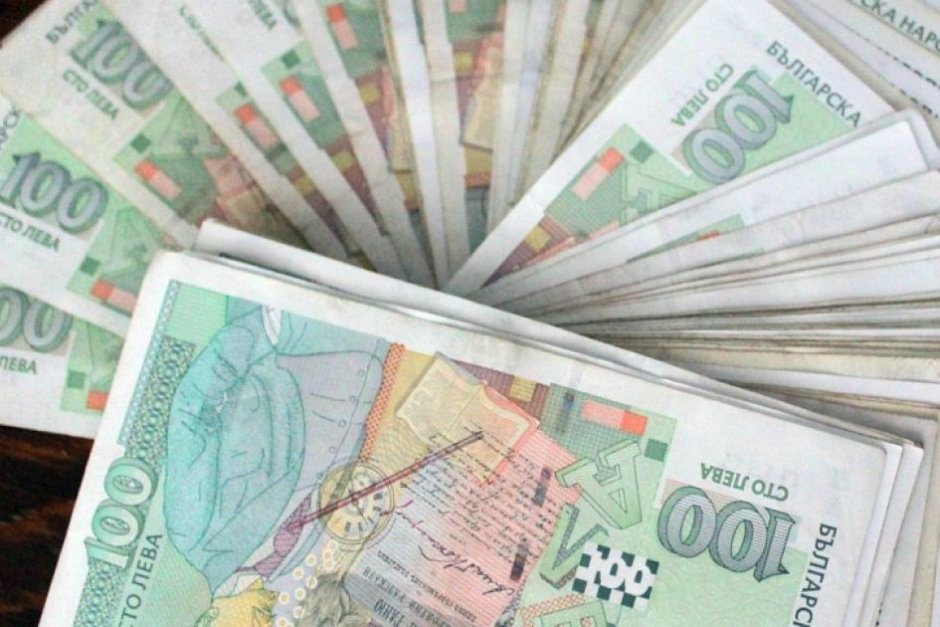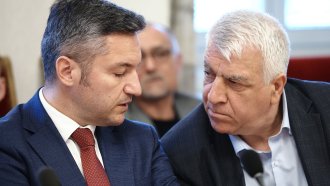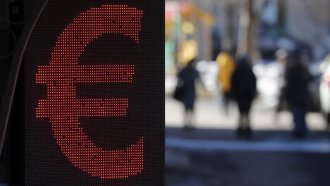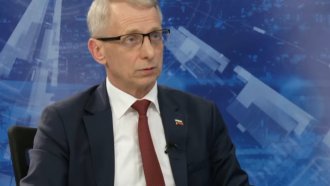Bulgarian taxpayers will pay hundreds of millions in damages to those affected by the actions of the Anticorruption Commission related to confiscation in the span of the past 20 years. Mediapool.bg spoke to the human rights lawyer Mihail Ekimdzhiev, who also represents some of the people whose property has been confiscated or seized on the topic, and this is what he claimed:
"Most of these payments will become due in 5-6 years," he predicts.
The confiscation of illegally acquired property itself was introduced under Simeon Saxe-Coburggotsky's government in 2004. The legislation was known for a long time as the “Petkanov" act, after the then-Interior Minister Georgi Petkanov.
In the last 15 years, the government (mostly led by GERB) has constantly refused to consider the warnings by the critics of the Bulgarian confiscation model. Soon the Supreme Court of Cassations and the European Court of Human Rights in Strasbourg both produced rulings that pointed out the obvious flaws of the confiscation legislation.
In 2014, the The Supreme Court of Cassations adopted a decision in favor of the Commission. In an interpretation ruling it said that the Anticorruption Commission can confiscate property that is assumed to have been acquired through illegal means. Previously, the commission brought cases on general grounds against persons under investigation, confiscating property worth millions without having to prove the criminal origin of the assets.
By 2014, the cash seizures imposed by the Commission reached 300 million leva, and the seized property - about 40 million leva.
The Commission attempted to comply with the decision of the Supreme Court, but only for a brief time, Ekimdzhiev recalls.
Two years later, GERB invented the Civil Property Confiscation Act in order to bypass the ruling by the Supreme Court. With the Civil Property Confiscation Act the link between criminal activity and confiscation was completely severed.
A second blow, this time from Strasbourg
In 2021 the Bulgarian confiscation model received another, second blow, this time from Strasbourg. With the ruling in Todorov and Others v Bulgaria, the European Court for Human Rights practically gave almost everyone affected by the Anticorruption Commission’s confiscation practices carte blanche to sue the state for huge damages.
The reason for this is several filed complaints by Bulgarians whose property was confiscated under the Confiscation Act. The assets were obviously not acquired from the crimes for which they were convicted. Some of the plaintiffs are represented by Ekimdzhiev.
One of the most striking examples is that of Kiril Katsarov, who was convicted of possession of drugs worth 650 leva. Based on this conviction his apartment in Sofia, USD 20,000, two cars and money from the sale of two other cars were all confiscated.
The case of Valeri Todorov is similar. He received a suspended sentence for kidnapping and attempted extortion. The court issued a decision for the seizure of 1,752 million leva of his assets, for which there is no evidence of any connection with the offence. Bulgarian Penal law, however, does provide for confiscation of property by the criminal court.
The wife of the notorious head of the pyramid scheme "Yugo Agent" Mirolyub Gajic - Zhivka, was convicted of embezzling 42172 leva, which she then even returned to the victim. Regardless, a court issued a ruling for the confiscation of property worth 2,138 805 leva. Curiously, most of the property was already seized by the tax authorities at that point in time. In the end, Zhivka Gajic was deprived of her only home in Dobrich.
The shadow economy
The court in Strasbourg has examined the issue of confiscation in Bulgaria from many sides. One of the biggest issues is the huge share of the shadow economy, which reaches 40%.
This means that many Bulgarians cannot prove where their income comes from, even though they have not committed a crime.
The court in Strasbourg concluded that both the Bulgarian environment and the wide application of confiscation make the situation in the country very problematic.
The court held that any confiscation must be preceded by “an established or presumed causal link between the property to be confiscated and the criminal activity”. The problem is this has been overwhelmingly skipped in the past.
What is next?
Mihail Ekimdzhiev told Mediapool that the Commission has now begun to withdraw confiscation claims on a massive scale, paying part of the state fee and the court proceeding fees, in an attempt to save itself from a mass loss of cases. According to the human rights defender, however, this will not prevent the state from paying huge compensation.
The decision of the court in Strasbourg gives the plaintiffs, whose property has already been confiscated, the opportunity to request the trials to be resumed. The new trial will be conducted on the grounds of the case Todorov v Bulgaria. This would mean new costs for the Commission and almost certain losses in the confiscation cases.
Once the Anticorruption Commission loses all or part of these cases, the plaintiffs will be able to file a new lawsuit for compensation for the confiscated properties under the State and Municipalities’ Liability for Damages Act.
"The only form of compensation is payment at market prices for the properties already sold, which means even more costs for the state," Ekimdzhiev said.
For example, a claim for one million leva carries along 40-50,000 leva in legal fees. Three such claims would cost 150,000 leva just for the fees, plus the costs of the experts. Finally, there is the repayment for the confiscated properties and cars at current market prices, which are many times higher than 15 years ago.
"A financial tornado is looming", warns Ekimdzhiev and points out that Bulgarian taxpayers also are the ones paying for the entire judicial system that processes these cases.
In nearly 20 years of work, the Anticorruption Commission has confiscated property worth just over 150 million leva. A large portion of those is now worth three times as much, compared to when seized. The confiscated assets must be paid back with interest for a decade, while for cooperation shares damages will be owed for ruining businesses as well.
The Bulgarian version of this text can be found here.
За честна и независима журналистика
Ще се радваме, ако ни подкрепите, за да може и занапред да разчитате на независима, професионална и честна информационно - аналитична медия.
 0 коментара
0 коментара
Екипът на Mediapool Ви уведомява, че администраторите на форума ще премахват всички мнения, съдържащи нецензурни квалификации, обиди на расова, етническа или верска основа.
Редакцията не носи отговорност за мненията, качени в Mediapool.bg от потребителите.
Коментирането под статии изисква потребителят да спазва правилата за участие във форумите на Mediapool.bg
Прочетете нашите правила за участие във форумите.
За да коментирате, трябва да влезете в профила си. Ако нямате профил, можете да се регистрирате.





